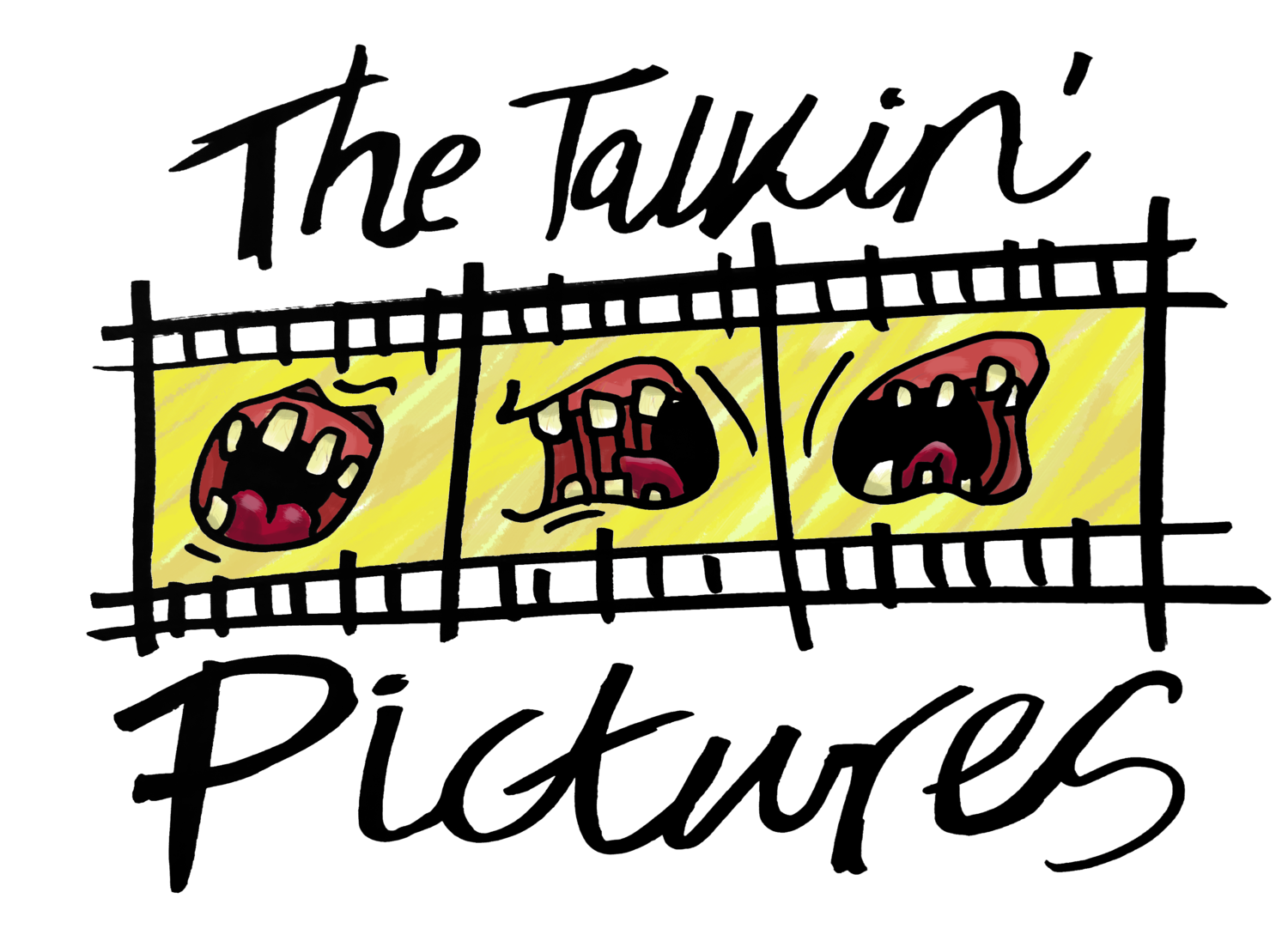“Remember always, here at the taj, guest is god.”
Most will remember the attacks that occurred in Mumbai back in 2008. A group of terrorists carried out 12 coordinated shootings and bombings across the city, leaving 174 people dead and over 300 wounded. Among the locations targeted was the luxurious Taj Mahal Palace Hotel. Normally a retreat for the wealthy, the lavish hotel was transformed into a battleground as terrorists ripped through the building, executing guests and staff while police and officials scrambled to organise a raid.
Based on the 2009 documentary Surviving Mumbai, first-time feature director Anthony Maras (along with co-writer John Collee) have brought the harrowing tale of heroism and terror to life with Hotel Mumbai. The film focuses, for the most part, on the hotel staff as they risk their lives to keep the guests safe from the attackers.
Boasting a massive cast, Maras attempts to show as many points of view as possible, shifting his focus from the wealthier guests to the poorer Aussie backpackers, to the heroic staff to the terrorists themselves. The film manages to always keep fear at the forefront, giving us a glimpse into people’s rationale and process for dealing with what's happening around them. As an audience member, you can’t help but attach yourself to one, or several, of the characters, imagining how you would react finding yourself in a similar horrific situation.
The main driving force behind the film is Dev Patel’s waiter Arjun, a Sikh, who, along with the hotel’s head chef (played by the always fantastic Anupam Kher), risks his life to help keep the guest safe. This narrative helps the film avoid being nothing more than a two-hour long bloodbath, presenting an inspiring tale of heroism, honour and an overwhelming sense of duty.
The supporting cast help pad out the film, bolstering the underlying message with individual instances of bravery and compassion. The always solid Armie Hammer gives a somewhat out of place performance as an American engineer, married to a local woman (Nazanin Boniadi), risking his life to keep his newborn baby safe. Jason Isaacs plays an over-the-top Russian sleaze ball who transitions from coked up businessman to grounded hero once the attacks begin.
While these Hollywood story tropes might feel a little tacky, they come as a welcome reprieve from the stream of violence presented on screen. Maras doesn’t shy away from the atrocities committed, instead allowing them to exist on the screen in an almost matter-of-fact manner. He attempts to humanise the terrorists to some degree, reminiscent of Paul Greengrass’s United 93, as a way to open the story up and help give some context to what is happening.
While Hotel Mumbai does have a few missteps along the way, its message is ultimately an inspiring one, brought to life with vivid direction and well-rounded performances. The film is an engaging, albeit confronting at times, depiction of the bravery people exhibit when faced with extraordinary circumstances.
6.5 out of 10
Review by Chris Swan



